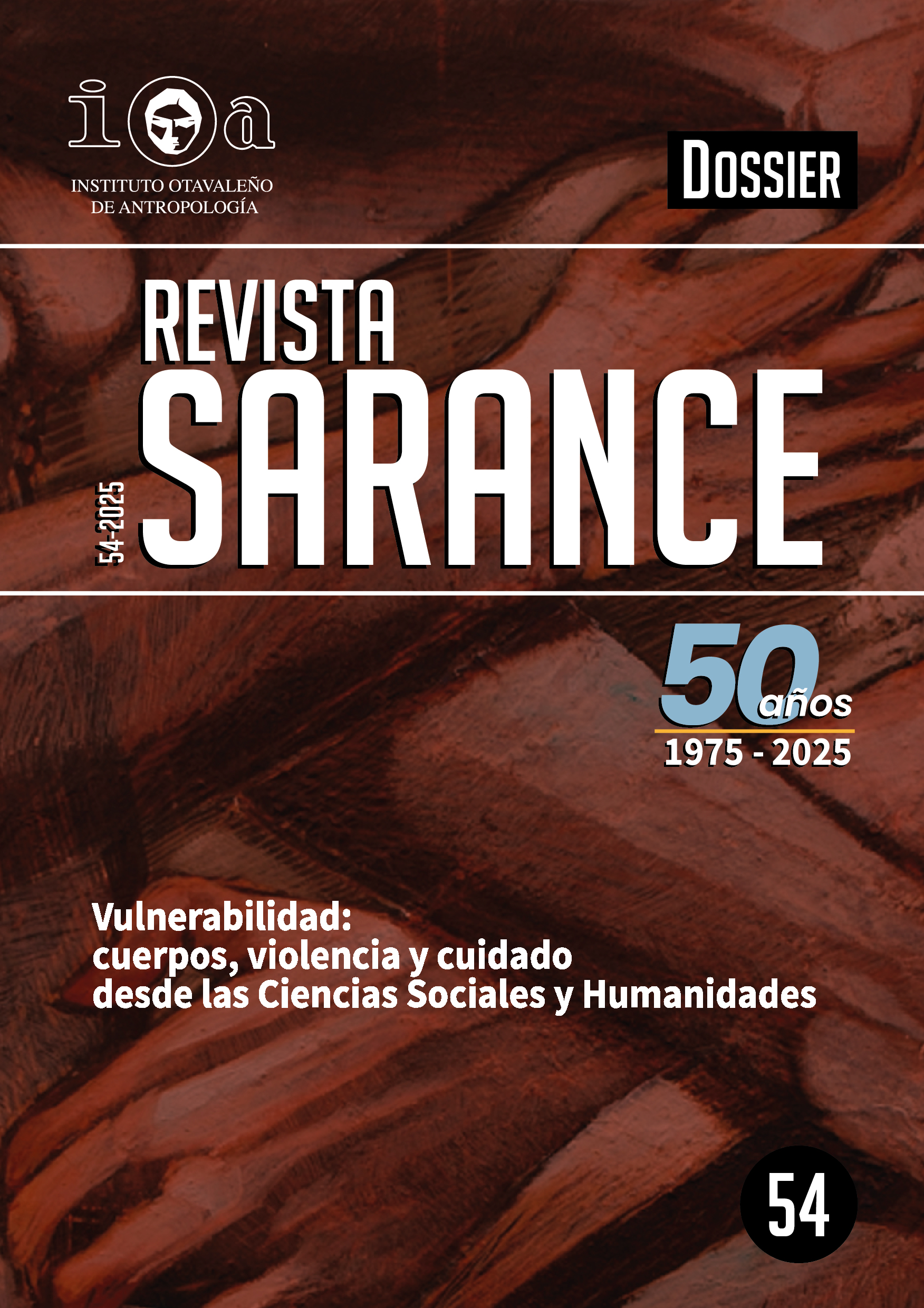Abstract
Ethnography is a memory-based practice that involves not only the memories of the people who participate in our research but also our own memories as ethnographers. Hence its interest to the social sciences, as well as its pertinence and relevance throughout the ethnographic process. This article offers an approach to the complex bifurcations of memory, challenging its understanding as an individual cognitive process and instead emphasizing its bodily, collective, and affective dimensions. Subsequently, some of the practical problems that can arise from anthropological work on memory will be identified, problematizing the dichotomy between memories and forgetfulness and advocating for its fictional nature— one that cannot be understood outside of imagination and fabrication. Finally, the article presents some practical reflections drawn from my doctoral research, such as preserving memory through field notebooks or the ways in which memories can emerge —sometimes unexpectedly— during fieldwork. The aim is to claim a reflexive anthropological practice that acknowledges the importance of memory both in collecting the participants’ narratives and in critically examining how the ethnographer’s own memories shape the research process.

This work is licensed under a Creative Commons Attribution-NonCommercial-ShareAlike 4.0 International License.
Copyright (c) 2025 Array





